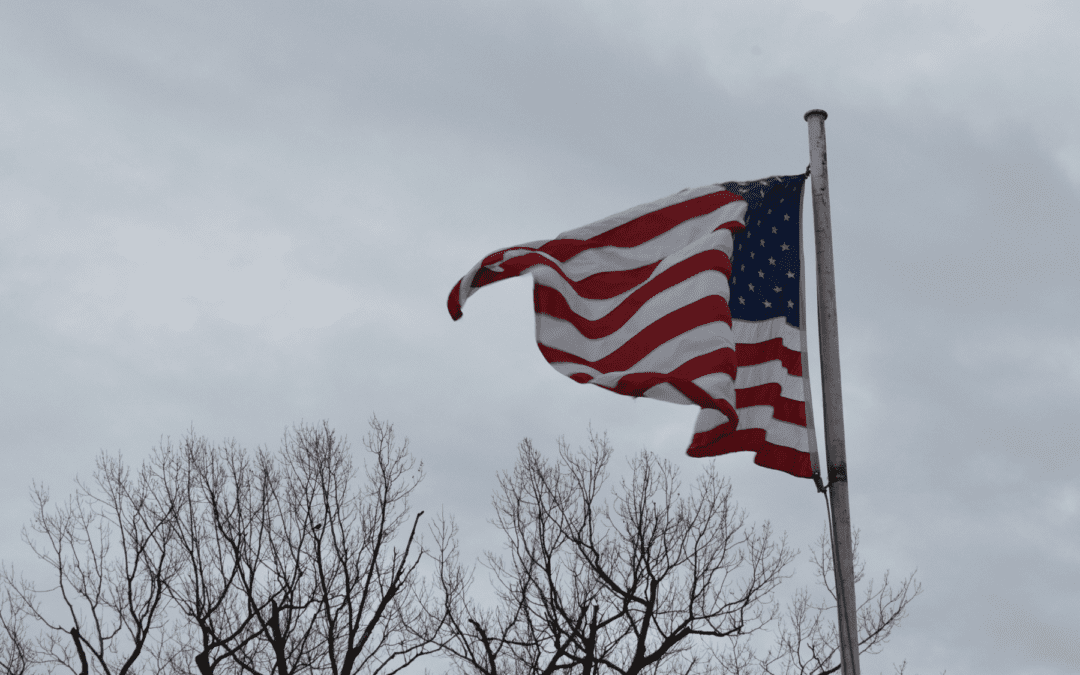Author: Curtis Hier
Great success and great misery come with the bipolar life, and the Adamses had their share of both.
John Adams is believed by many to have had bipolar II disorder. Thomas Jefferson described him as “sometime absolutely mad.” But Jefferson had a bitter and intense political rivalry with Adams.
Adams had whatever gifts bipolar disorder bestows. Bipolar disorder doesn’t make us smarter. The list of geniuses with it gives the impression that bipolar is linked with genius. It’s not. But it does cause bursts of incredible energy and productivity. And so we see prolific achievements in so many people with the disorder.
Adams matriculated at Harvard at age 15. We think of him as a revolutionary firebrand, a diplomat, our nation’s first vice president, and our nation’s second president. But his writings were substantial. Leading up to and during the American Revolution, he wrote the Novanglus (“New Englander” — his pseudonym) Essays, Thoughts on Government, and also drafted the Plan of Treaties. In 1787, he published a massive three volume tome entitled A Defence of the Constitutions of Government of the United States of America A fourth volume, Discourses on Davila would follow in 1790. He more or less wrote the Massachusetts Constitution. And he was a prolific writer of letters.
By all accounts, Adams was a workaholic. He smoked incessantly. He served on 90 different committees. While not a military commander, he took responsibility for the logistics of the Revolutionary War.
But rumors circulated throughout his career that Adams was mad. His own secretary of war, after resigning, offered that Adams was “actually insane.” Benjamin Franklin noted that Adams “is always an honest man, often a wise one, but sometimes and in some things, absolutely out of his senses.”
There were times when Adams’s responsibilities led to near complete breakdowns. His grandson and biographer, Charles Francis Adams, noted as much.
While studying law, Adams suffered from debilitating depression. While bipolar II brings with it milder episodes of mania, depression can be very deep and prolonged. His diaries tell of “anxiety and distress.” During his presidency, he spent almost all his time at his Braintree, Massachusetts home, Peacefield, for which he drew much criticism. He lived to be 90 years old, a feat not attained by a former president until Herbert Hoover and an age not exceeded until Ronald Reagan.
Most people know that John Quincy Adams would follow his father into the White House. Less known is that he had intense bouts of depression. But the truly tragic lives belonged to brothers Charles and Thomas.
Charles graduated from Harvard and became a lawyer like his father. But unlike his father he lived a short life of an impecunious alcoholic who would engage in numerous adulterous affairs. He died of liver disease, disowned by his father, at the age of 30. His father had called him “a madman possessed of the Devil.”
Thomas added gambling to the family woes and died deeply in debt. But he had also graduated from Harvard and become a lawyer. He was a Fellow of the American Academy of the Arts and Sciences, which his father had founded. He also served as chief justice of the Circuit Court of Common Pleas for the Southern Circuit of Massachusetts. He would survive his alcoholism to an older age, 59, than Charles. And his father was much more sympathetic to him, seeming to have altered his attitude towards the disease.
Two of John Quincy Adams’s sons carried on the tradition of failure started by their uncles. George Washington Adams suffered from depressive moods, gambling addiction, and alcohol addiction. He fathered a child with a chambermaid, a fact he was terrified would be revealed to his family. Like so many of the Adams men, he was a Harvard graduate, a lawyer, and a politician. He served on the Boston City Council and in the Massachusetts House of Representatives. At the age of 28 he committed suicide by jumping from a steamship into Long Island Sound. His body washed up ashore a month later. Prior to the apparent suicide he was reported to be acting delusional.
John Adams II was expelled from Harvard. After failing in the flour milling business his father set up for him, he descended into alcoholic oblivion. His death came at age 31.
Charles Francis Adams summed things up this way: “The history of my family is not a pleasant one to remember. It is one of the great triumphs of the world but of deep groans within, one of extraordinary brilliancy and deep corroding mortification.”
Curtis Hier is a 34 year history teacher and recent president of the Vermont Alliance for the Social Studies. For the last decade he has been diagnosed with bipolar I disorder. He has a blog at TheBipolarStar.Com
The content of the International Bipolar Foundation blogs is for informational purposes only. The content is not intended to be a substitute for professional medical advice, diagnosis, or treatment. Always seek the advice of your physician and never disregard professional medical advice because of something you have read in any IBPF content.


